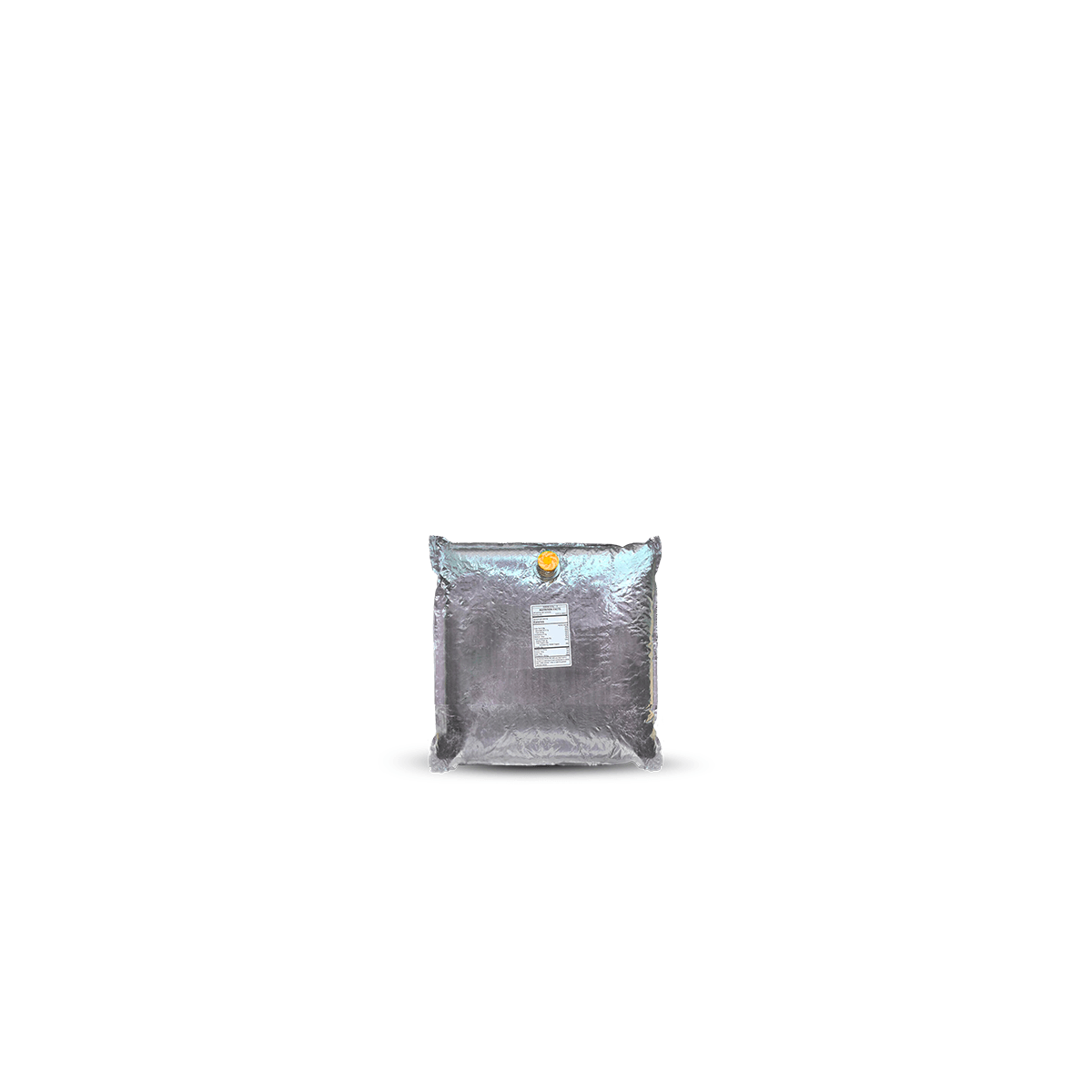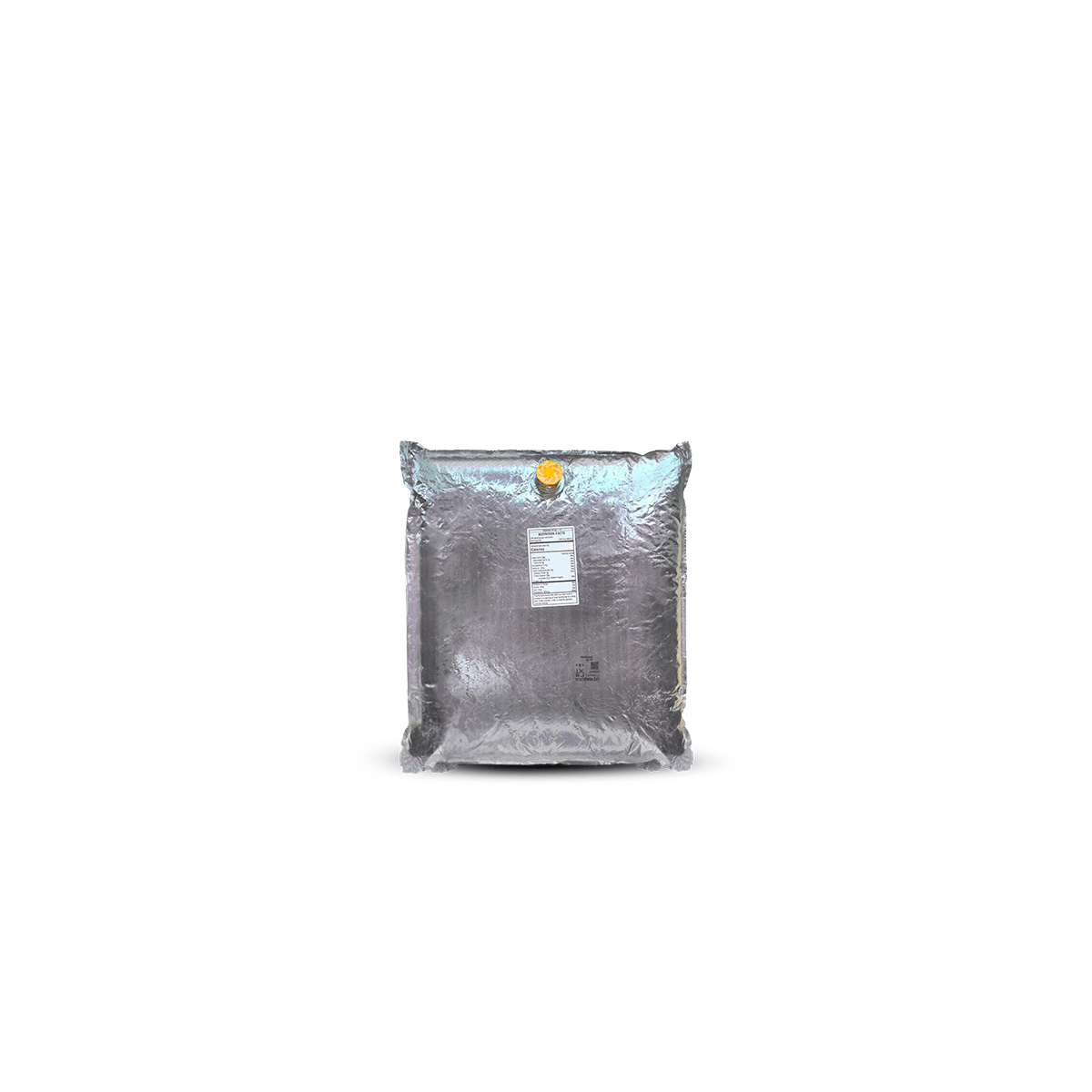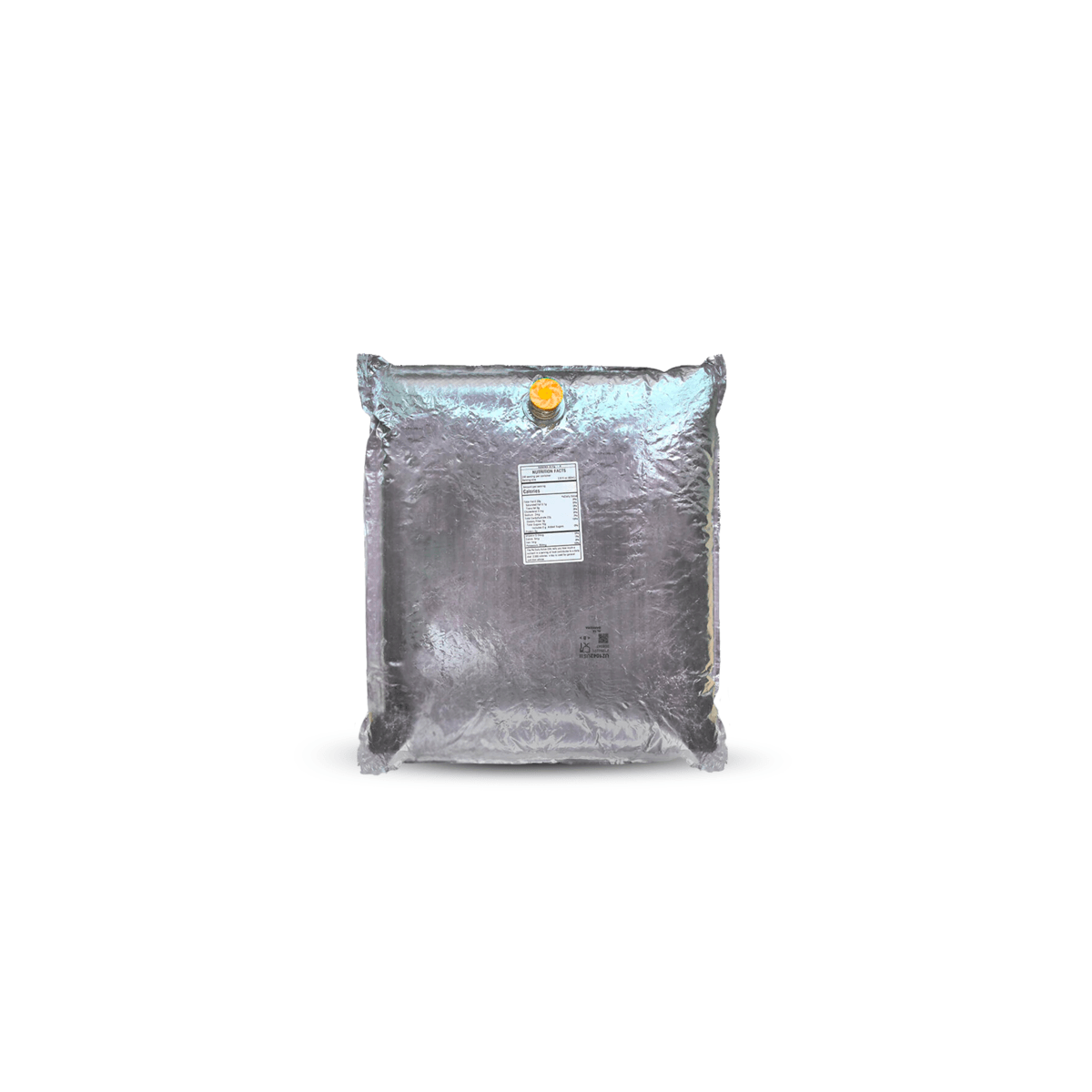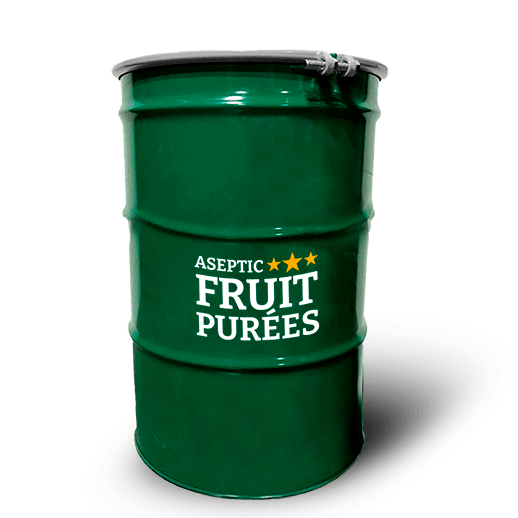Fruit beers are a staple in our industry. Whether it’s a heavily fruited smoothie style sour beer or a nice drinkable witbier with a hint of orange. When building a recipe for a fruited beer, one thing to think about is the form in which the fruit comes in. The three most common forms of fruit to add in the brewing industry are whole fresh fruits, Aseptic Fruit Puree, and fruit extract. Let us look at the similarities, differences, pros and cons of each of these.
Whole Fresh Fruits
There is a certain romance to adding whole fresh fruits to your beer. Letting your customers know that you worked with a local farmer and added the whole fruit to your special brew can be a huge plus. Working locally can also be less expensive as there won’t be as great of a shipping charge. Also, buying fruit that does not have a “grocery store appearance” may lessen the price. Using the whole fruit will give you the most authentic flavors and aromas as processing has not been done.
The largest reason to not go this route would be that you would have to process all the fruit you buy. Depending on how the fruit is used, it may need to be cleaned, peeled, chopped, de-pitted, pureed, or juiced. This all takes time and labor to accomplish. And it may need to be accomplished quickly as fresh fruit has a limited shelf life compared to the other options. Consistency may also be a concern with using fresh fruit. Time of year and ripeness will contribute to this. Depending on where in the brewing process the fruit is added, microbial contamination may be a problem as fresh fruits are not aseptic. In fact, the original wild brewing yeasts are said to have come from fruit! And lastly, the availability of fresh fruits will be a factor. There are also regional and seasonal differences in when certain fruits will be available. Although working locally has its advantages, certain regions within your own country will not have the accessibility to the same fruits.
Aseptic Fruit Puree
Aseptic Fruit Purees are one of the most widely used forms of fruit used in the brewing process. It is extremely easy to use. All of the processing has already been done. No seeds, pits, or peels to worry about! And, its still all natural fruit. You will still get all the natural flavors and benefits that come from whole fruits, just in a much more convenient form. By far the largest reason to use an Aseptic Fruit Puree is in the name… Its ASEPTIC. This form of fruit can be added at any stage of brewing or fermentation without the worry of microbial contamination. Also, do to its nature and packaging, Aseptic Fruit Purees can be stored for up to 18 months unopened. Which also brings up availability. Although there may be some seasonal shortages, most Aseptic Fruit Purees can be bought year round. Your Mango NEIPA doesn’t need to be a seasonal beer!
The largest disadvantage to using Aseptic Fruit Purees is often cost. Shipping costs could be quite expensive if you are not close to a warehouse or distribution center. But, without paying for the labor of processing fresh fruit, it could be worth your time. Also, not knowing the source of your purees could be considered a downside. Contact your local Aseptic Fruit Puree representative to find out where your fruit is coming from. And because you are still dealing with all natural fruits, there may be some variation in color and sweetness year to year due to sun, rain, and the rest of mother nature. But all of this adds to its naturalness as an ingredient!
Fruit Extract
Fruit extract is often found in two forms, natural and artificial flavorings. Natural extract is made of natural sources, including natural flavors from other sources. Meaning, your cherry natural extract may not actually come from cherries. And artificial extracts are manufactured flavor and aroma compounds. The biggest reasons for using extracts would be the ease of use as well as the consistency. Fruit extracts will be the most consistent and each time a beer is made with an extract, it will taste the exact same. Extracts are also the lowest cost of all the options. Depending on your priorities, this may be a huge advantage. Also, because they are manufactured and have a long shelf life, there are rarely any shortages in the availability of fruit extracts.
The largest disadvantage to fruit extracts has to the authenticity of flavor. Without the many of the other compounds found in fruit, fruit extracts tend to taste “fake”. There is often a lack of balance without the pH changes, and tannins associated with fresh fruit and Aseptic Fruit Purees. Another thing to think about when using fruit extracts could be the labeling of your packaged product. Often, added artificial flavoring needs to be addressed on the label. You may need to contact the TTB to find out the exact laws for labeling requirements.
Conclusion
When building the recipe for your next fruited brew, take all of the pros and cons into consideration. Depending on the brewer, certain advantages and disadvantages may hold more weight than that of another brewer. The stage at which the fruit is added to the beer would be another consideration to think about. Equipment availability or types of equipment in each brewery can also make a difference. For some, the answer may even be to add two or even all three of these forms of fruit to their next beer. At the end of the day, the best method is what makes the most sense to the brewer. Making great tasting beer that we want to drink is what has brought us together in this industry!
spencer.moore@lock27brewing.com
Production Manager of Lock 27 Brewing
Brewing consultant






